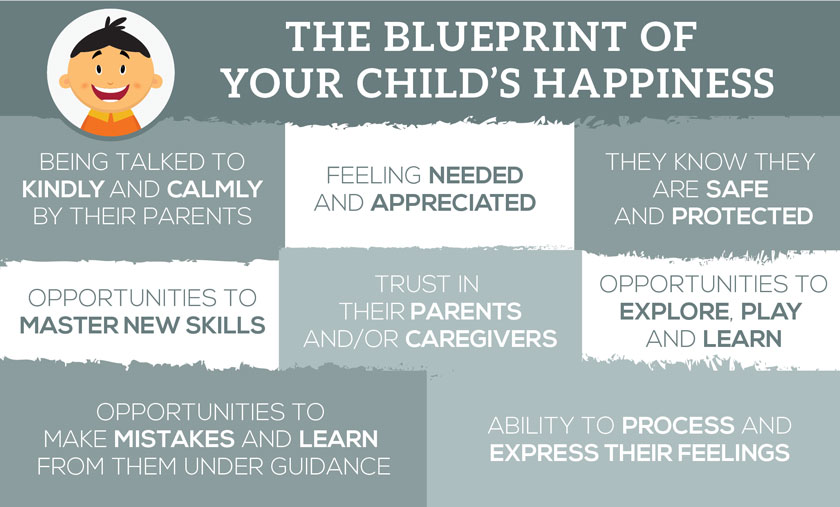As parents, I’m sure you’ve all been there before, having to contend with an unhappy child due to various possible reasons. In most cases, these incidents don’t last and the child is his usual self again. There are cases however when parents find that their child is almost always unhappy, easily agitated, and cross all the time.
Could it be that a child is naturally that way, or can something be done to manage this? If you think your child falls into this category, rest assured that you can indeed turn it around and watch him smile again!
Here are a few guidelines to help you along.
Do you listen to your child?
From as young as toddlers, children have the need to talk to their parents or caregivers. It’s the main way in which they can communicate their needs and wants. As parents, there really is no excuse to ignore their little one’s chatter, whether it’s nonsensical, or if they’re asking you something, or even telling you a joke. So, if possible, stop what you’re doing for just a while, and listen to what your child is saying, or trying to say, and respond accordingly. After all, a child who is constantly ignored cannot be expected to be cheerful and happy, can he? It’s good to note too that kids don’t stay that little for long, and if you don’t have it in you to listen to them when they’re little, how can you expect them to open up to you as they grow older?
Support them through failures, but…
There isn’t a parent who doesn’t feel compelled to shower their child with compliments when they are doing well at something. It could be a milestone, a task well done, etc. However, let’s not forget too that a child also needs support when they are not doing as well as expected, for example, falling back on a skill, or not being able to keep up with other children their age, etc. Remember that every child is different and some may require more time reaching certain milestones. Also, take note that we need to leave some room for improvement and to master new skills as well. As children grow, they need to master new things to thrive, and if parents keep doing things for them for fear of failure, it will hamper their learning and take away opportunities for them to develop and learn new things. Give your little one some time if he needs it and he will eventually thrive as a happy, healthy child.
Your child wants to feel needed
Even as toddlers, little ones yearn to feel needed by their parents. Children have an innate desire to be needed. By allowing them to take part in simple and safe household duties (read: folding the laundry, putting dry food into a pet’s bowl, entertaining a younger sibling, etc), you will be showing him that he is needed and appreciated. This contributes to your child’s confidence, and a confident child is, well, you know it – a happy child! Don’t forget to offer a sincere compliment for a job well done too, for that way, he’ll only be too glad to help out the next time!
A child may not know how to process feelings
Toddlers feel a lot of the same emotions adults do. The difference is they don’t have the words or skills to name them, nor do they really understand the best way to express them, so it’s important to teach them healthy approaches to expressing their feelings. Firstly, teach them to name their feelings; sad, angry, happy, scared, etc. Children need to feel heard and understood to grow up with resilience, and naming their emotions allows them to not only learn about their own feelings but be confident in expressing them as well. Whenever your child seems angry, sad, disappointed or frustrated, firstly, help him identify his feelings. Then, suggest steps to remedy the situation. If a child masters the way to express himself, it will be a smoother ride for everyone, in pursuit of his wellbeing and happiness.



